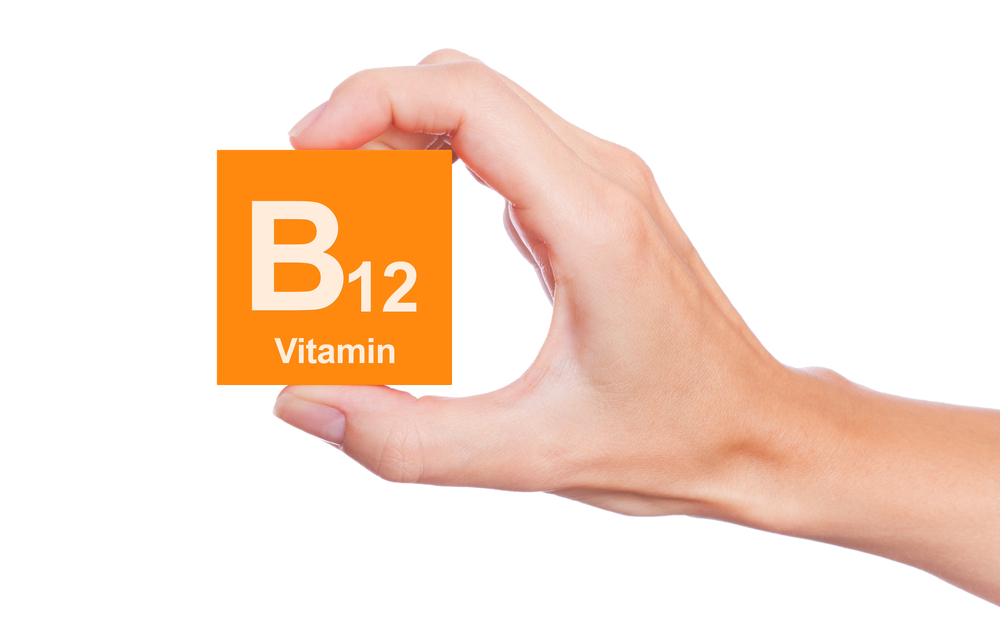Understanding Neck Eczema
Definition of Neck Eczema
Neck eczema is a common form of eczema that primarily affects the skin on and around the neck. This condition results in inflammation, redness, and itchiness, often making daily life uncomfortable. It’s a chronic issue that may come and go in flare-ups.
How Neck Eczema Differs from Other Forms of Eczema
While eczema can affect any part of the body, neck eczema is unique because the skin here is more prone to irritation from sweat, clothing, and jewelry. The neck is also more exposed to allergens, making flare-ups more frequent.
Why Is Neck Eczema So Common?
The neck’s constant exposure to environmental factors and friction from clothing makes it a hotspot for eczema. Additionally, perfumes, lotions, and even shampoos can irritate the sensitive neck area.
Symptoms
Early Signs to Watch For
In the beginning, neck eczema might just feel like mild itchiness or see slight redness. But ignoring these signs can lead to more severe symptoms.
Common Symptoms
- Persistent itchiness
- Dry and flaky skin
- Red or inflamed patches
- Crusting or oozing in severe cases
Severe Symptoms and When to Seek Help
If the eczema leads to open sores, bleeding, or extreme discomfort, it’s time to seek professional care. Untreated severe eczema can result in infections and long-term skin damage.
Causes
Genetic Factors
If eczema runs in your family, you might have a higher chance of developing it yourself. It’s linked to genes that affect the skin’s ability to retain moisture.
Environmental Triggers
Allergens and Irritants
Perfumes, soaps, and even certain fabrics like wool can irritate the neck skin and provoke eczema.
Weather and Climate
Dry or cold weather often worsens neck eczema as it dries out the skin. Conversely, hot and humid conditions can lead to sweating, another trigger.
Lifestyle Influences
Habits like wearing tight collars or necklaces can rub against the skin, causing irritation.
Emotional and Psychological Stress
Stress doesn’t directly cause neck eczema but can definitely make it worse. The more stressed you are, the more likely you’ll see flare-ups.
Diagnosing
Self-Diagnosis Tips
If you notice persistent redness, itching, or irritation around your neck that doesn’t go away, you might be dealing with eczema.
Consulting a Dermatologist
A dermatologist can provide a formal diagnosis through visual examination and detailed questions about your symptoms.
Tests and Procedures
Sometimes, patch testing is necessary to identify potential allergens that could be causing your neck eczema.
Treatment Options
Over-the-Counter Solutions
Products like hydrocortisone creams and fragrance-free creams can soothe mild symptoms and provide moisture to dry skin.
Fragrance-Free Cream for Skin Relief
Look for creams that are labeled “fragrance-free” to avoid irritation. They lock in moisture and calm inflammation.
Prescription Medications
Topical Steroids
These are stronger than over-the-counter options and help reduce inflammation during flare-ups.
Oral Medications
In severe cases, oral treatments like antihistamines or immunosuppressants might be prescribed.
Home Remedies and Natural Treatments
Aloe vera, oatmeal baths, and coconut oil are popular for relieving symptoms naturally.
Lifestyle Changes
Making changes like avoiding triggers, wearing soft fabrics, and keeping the skin moisturized can help reduce flare-ups.
Managing and Preventing
Identifying Triggers
Keep a journal to note what products or activities lead to flare-ups. Identifying and avoiding triggers can be a game-changer.
Skin-Care Routines for Eczema-Prone Skin
Use gentle cleansers and moisturize immediately after bathing to lock in hydration.
The Importance of Moisturization
Moisturizing isn’t just a suggestion—it’s essential. It helps restore the skin’s barrier and prevents dryness.
The Impact of Neck Eczema on Daily Life
Emotional and Psychological Effects
Living with neck eczema can be frustrating, affecting confidence and mental health. The constant itch and visible patches can take a toll.
Coping Mechanisms
Engage in stress-relieving activities like yoga or meditation to help manage symptoms. Support groups can also provide encouragement and advice.
When to Seek Professional Help
Recognizing Signs of Severe Eczema
If home remedies and over-the-counter treatments aren’t helping, it’s time to consult a professional.
Finding a Specialist
Dermatologists specializing in eczema can offer advanced treatments tailored to your needs.
FAQs
What Is the Main Cause of Eczema?
Eczema is usually caused by a combination of genetic predisposition and environmental triggers.
Can Eczema Go Away on Its Own?
While mild cases may resolve with proper care, chronic eczema often requires ongoing management.
Is Eczema Contagious?
No, eczema isn’t contagious—it’s an inflammatory condition, not an infection.
What Products Should Be Avoided?
Avoid products with fragrances, alcohol, and harsh chemicals as they can irritate sensitive skin.
Are There Permanent Cures for Eczema?
Unfortunately, there’s no permanent cure, but effective treatments can help manage the symptoms and minimize flare-ups.




